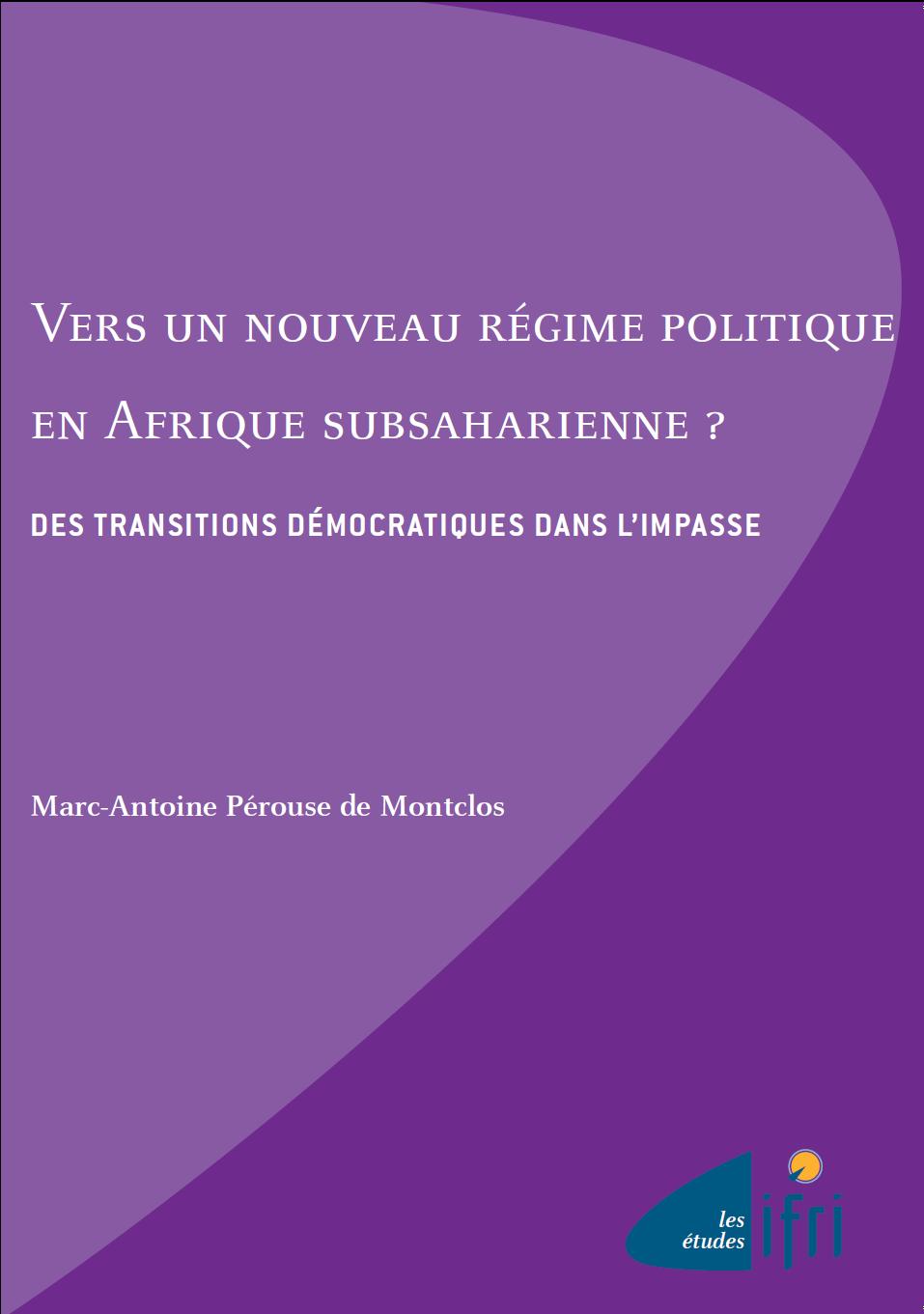Societies
The existence of an international civil society is the subject of theoretical debate. But beyond these debates, the study of societies remains essential to understanding how the world works.

" Diversity " in hospitals: social identities and discriminations
"Diversity" is a structuring dimension of healthcare institutions in France today. Public and private hospitals employ a very socially and culturally diversified staff, to which they offer upward social mobility opportunities. This diversity constitutes an asset, which allows healthcare institutions to welcome a very diversified public, including people with an immigration background or coming from the French Overseas Territories or Departments (DOM-TOM).
The Politics of Amnesty in the Niger Delta : Challenges Ahead
Armed groups, many affiliated to the Niger Delta-wide political organisation MEND, the Movement for the Emancipation of the Niger Delta, proliferated throughout the oil producing states, particularly from early 2006 onwards. In January 2006, MEND declared war on the oil industry pending the resolution of long term political grievances relating to poverty and underdevelopment, the poor regulation of an environmentally polluting oil industry, and the alienation of local people from rights to land and resources in the Niger Delta.
Involving ʺNeo-Urbansʺ in the Political Game: The Example of Senegal
A paper brought out last year treating the “Hunger Riots had made it possible, among other things, to point out the extreme difficulties encountered by the authorities in power when trying to control urban populations. Current demographic forecasts relating to sub-Saharan Africa all predict an extremely rapid increase in population and at the same time an even more dramatic rise in the size of urban populations.
Où va l'École américaine ?
Many Europeans are unaware of Obama's commitment to secondary school reform. The US administration introduced administrative methods inspired by the private sector to combat poor test results in public middle and high schools with large minority populations. This approach is consistent with previous policies and should resonate with French observers.
‘‘I'm Not a Feminist, But…'', a Comparative Analysis of the Women's Movement in the United States and France
The emergence of a feminist thought in the 18th century gave rise to steady and regular exchanges between French philosophers and American activists. They illustrate in a very particular sector the wealth of the relation between both countries. This dialogue continues on renewed bases today: both in universities (with the exploration of the concept of gender) and in the militant world (with the defense of precise and limited causes).
Les Noirs américains : Amour, gloire et pauvreté
After hurricane Katrina in 2005, images of the miserable and abandoned black community of New Orleans surfaced. This portrait of a black underclass mired in poverty is not thoroughly representative of African Americans in the U.S., however.
Controlling Trafficking or Losing the North : Notes on Trafficking in Mauritania
Our interest in this topic stems both from our annual visits to Mauritania which started fifteen years ago, and the tiny amount of research noticed on trafficking in this country.
Trafficking in the Sahel-Saharan Zone: Features and Stakes
On November 5th 2009, a cocaine-loaded Boeing 727 aircraft arriving from Venezuela was discovered torched and emptied on a makeshift airstrip in the Malian desert (Gao region). The Sahel-Saharan area is clearly a contact zone between very distant worlds.
Arabs and Tuaregs in Colonial and Malian Armed Forces: A Story in Trompe-l'Oeil
This contribution consists in analyzing the unifying or opposing relations between the central State-power and the southern part of central-Saharan populations, mainly Arabs and Tuaregs, within the relational framework of colonial and Malian armed forces. The French Colonial State and the Malian independent State (from the 1960 independence movement) are both considered by Arabs and Tuaregs as external entities, whatever the form of their relation, good or bad.

Towards A New Type of Regime In Sub-Saharan Africa: Democratic Transitions but no Democracy
Sub-Saharan African hopes of democratization raised by the end of the cold war and the decline in the number of single party states are giving way to disillusionment. Today, even countries such as Senegal and South Africa, reputed for their democratic nature, are threatening to veer towards authoritarianism.
Support independent French research
Ifri, a foundation recognized as being of public utility, relies largely on private donors – companies and individuals – to guarantee its sustainability and intellectual independence. Through their funding, donors help maintain the Institute's position among the world's leading think tanks. By benefiting from an internationally recognized network and expertise, donors refine their understanding of geopolitical risk and its consequences on global politics and the economy. In 2024, Ifri will support more than 70 French and foreign companies and organizations.












